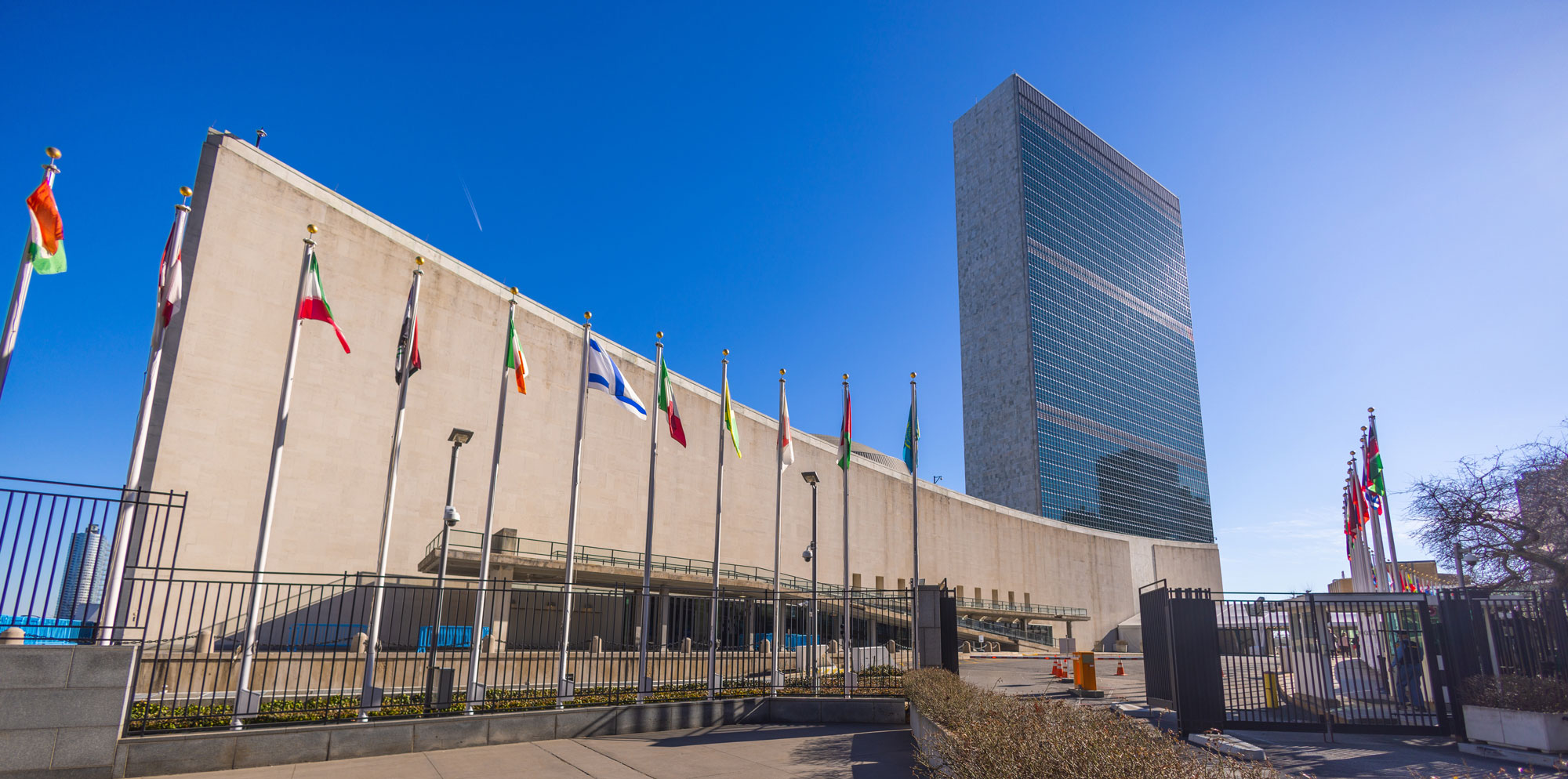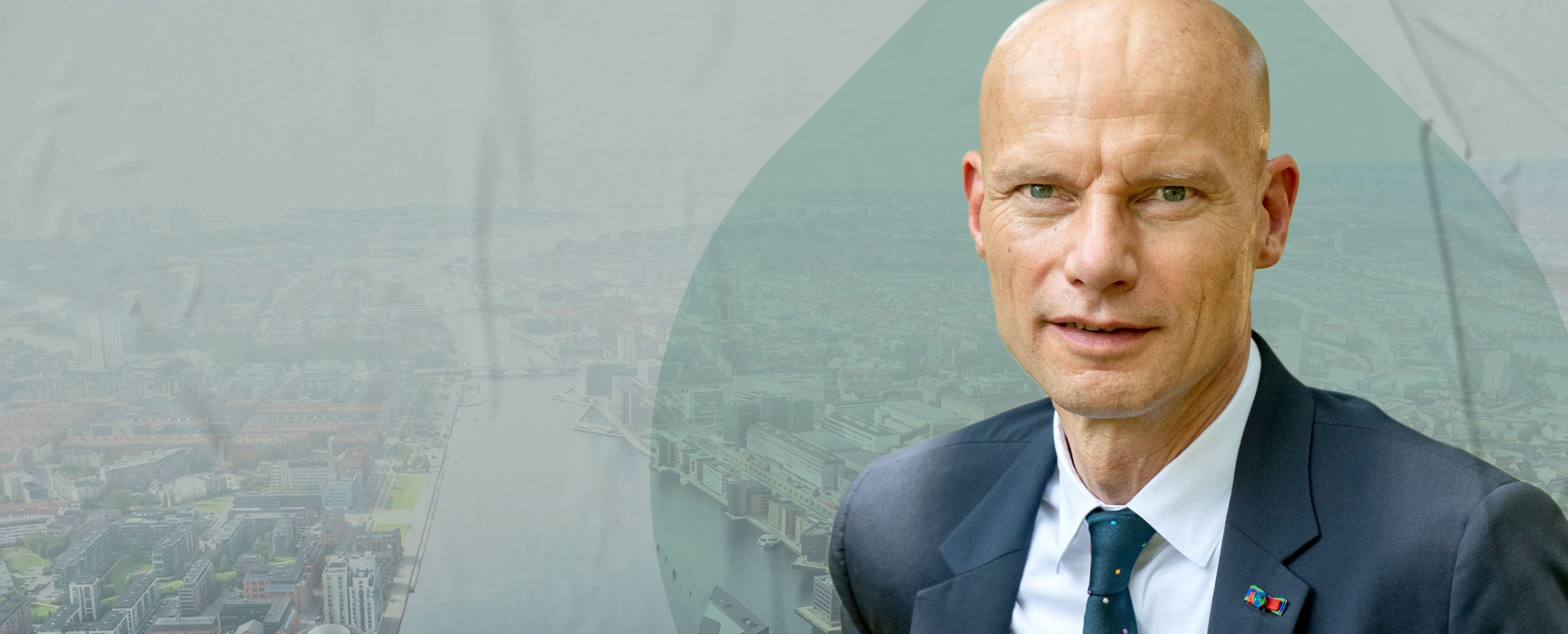- A2, Waterfront Congress Center, Stockholm, Sweden
- and online
- 14:00
- – 15:30
- CEST
- 24 August 2023
Global Commission on the Economics of Water – Next Steps
- Societal dialogue
The Global Commission on the Economics of Water (GCEW), together with the Government of the Netherlands, will co-convene a session at this year’s Stockholm World Water Week. The session is part of a series of societal dialogues that the GCEW convenes in 2023 and 2024. The dialogue will centre around GCEW’s preliminary findings articulated in Turning the Tide, and the “what” and “how” of collective action that this report calls for.
At stake is a shift away from unsustainable development and excessive inequality and injustice in the way water is being managed and in exposure and vulnerability to water risks. The ambition is to restore the global water cycle within safe and just planetary boundaries. The GCEW proposes to approach the hydrological cycle as a global common good and calls for re-imagining multilateralism to safeguard that common good; re-imagining economic institutions, including markets; re-thinking production and consumption; re-purposing subsidies that miss their target, or do more harm than benefit; re-thinking water allocation and trade; redressing institutional lock-ins, from local to global.
The session is designed to engage with the water community and seek feedback on preliminary messages from the GCEW, seek guidance on how to address dissent and trade-offs, identify risks, engage in future work and build coalitions for action.
Join the session online and on-site at Stockholm World Water Week.
Programme
The session will kick-off with a dialogue between hydrological science and economics, on the global water cycle, how that cycle interconnects countries and regions in ways we did not know before; and how the hydrological cycle was tilted, with local, regional and global consequences on communities, societies and economies. The scene setting will end with a summary of the areas for action that the GCEW calls for from the local to the global level.
Different stakeholders on a panel will then debate these areas of action from their perspectives. The audience will have opportunities to engage through instant surveys, and questions to panelists.
Opening remarks
- by the Moderators Henk Ovink & Hajar Yagkoubi
Scene setting
- By Johan Rockström and Richard Damania
- The hydrological cycle, new trends and imbalance
- The hydrological cycle as a global common good
- Why new economics is required
Questions to the floor – Mentimeter
- By Henk Ovink & Hajar Yagkoubi
- Reactions to new evidence on the hydrological cycle
- Reactions to the argument for new economics
- How relevant is the global perspective to address local water issues and beyond,
- What are risks and opportunities of conceptualising a stable water cycle as a global common good
- Process for further engagement, including through the interactive website
Panel discussion, with delegates from:
- The younger generation; Christine JiaRui Pu
- Indigenous people; Rochelle Diver (TBC)
- Local authorities: Dr Zahid Badroodien, Councillor of Cape Town
Closing remarks
- By moderators Henk Ovink & Hajar Yagkoubi
Related news

Global Commission on the Economics of Water encourage UN action on governance at Sustainable Development Goal Meeting
At the annual ‘Water Action Agenda Special Event’ at the UN HLPF in New York, Henk Ovink, Executive Director at the Global Commission on the

Henk Ovink appointed Executive Director of the Global Commission on the Economics of Water
An experienced and passionate advocate for the water cause, Ovink will oversee the Commission’s work towards the launch of the group’s final report.
